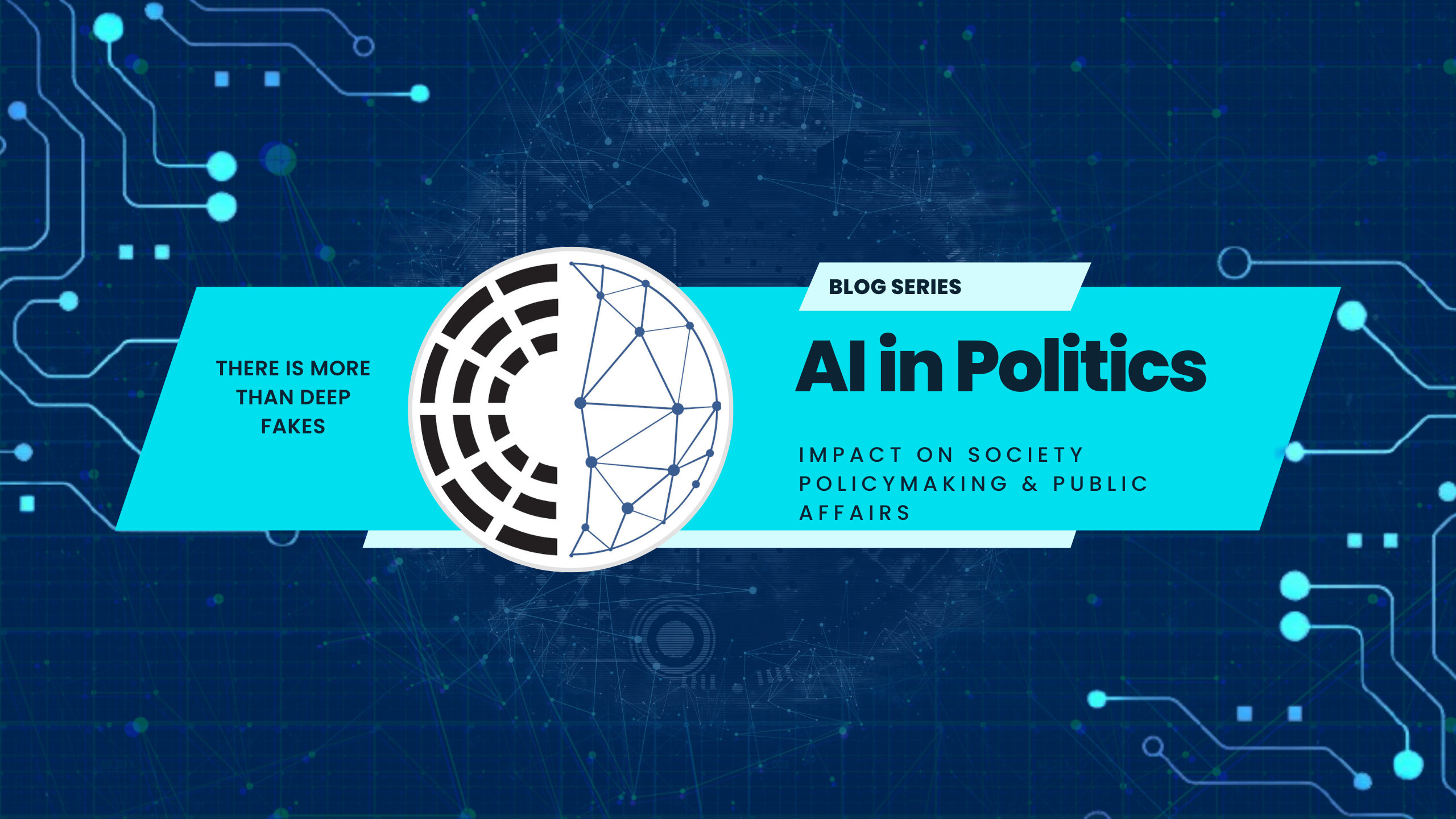As AI systems continue to expand their role in various industries, understanding public perception of artificial intelligence is critical. The Ipsos Public Trust in AI report (available here, full text), released in September 2024 sheds light on public sentiment toward AI, with a focus on governance, ethics, and trust. The findings indicate that while AI adoption is increasing, there is still significant skepticism around its use, especially in terms of data privacy, transparency, and ethical governance.
In this article, we explore the key takeaways from the Ipsos report, discuss the impact of public trust in AI on the public affairs industry, and reflect on the paradox where users are both increasingly dependent on AI tools, like those offered by Policy-Insider.ai, yet skeptical of their efficiency compared to human experts.
Key Findings from the Ipsos Public Trust in AI Report
The Ipsos report identifies several areas of concern regarding public trust in AI systems. These include:
1. Lack of Public Confidence in AI Governance:
According to the report, a large portion of the public does not trust that governments or organizations are sufficiently regulating AI systems. People are wary of how AI technologies are being deployed and managed, particularly when it comes to issues of transparency, fairness, and accountability.
2. Ethical Concerns Around Data Privacy and Fairness:
AI’s reliance on large datasets is raising ethical red flags for the general public, particularly regarding data privacy and potential biases in decision-making. Many fear that without robust ethical guidelines, AI systems could exacerbate existing inequalities or be used in ways that harm vulnerable populations.
3. Demand for Greater Transparency and Accountability:
The public is calling for more transparency in how AI systems are built, trained, and deployed. There is a strong desire for clear, accountable governance frameworks that protect individuals’ rights and ensure AI systems are used for the public good.
4. Growing Desire for AI Education:
Another key finding is the public’s demand for more education around AI. People want to better understand how AI systems work, what risks they pose, and how they can be harnessed for positive outcomes. Public education on AI is seen as critical to improving trust and acceptance.
Impact on the Public Affairs Industry
The findings from the Ipsos report carry significant implications for the public affairs industry. As AI plays a more prominent role in policy monitoring, campaign strategies, and political communications, professionals in this sector must be attuned to the public’s concerns.
1. AI in Public Affairs: Bridging the Trust Gap
Public affairs professionals rely on AI tools to gather data, analyze public sentiment, and craft informed strategies. However, with the public expressing low trust in AI governance and ethical use, the industry faces a trust gap that must be addressed. Public affairs professionals are tasked with not only using AI responsibly but also advocating for transparent AI policies that align with public values.
Building trust in AI means establishing clear ethical guidelines, promoting responsible data use, and ensuring that AI technologies are seen as tools for democratic engagement rather than manipulation. Public affairs firms that emphasize transparency, accountability, and public education on AI’s role in shaping policy will be better positioned to gain public confidence and deliver value to their clients.
2. Using AI to Increase Transparency in Public Policy
AI has the potential to enhance transparency in government and public policy by enabling real-time data collection, analysis, and dissemination. For instance, AI systems can track legislative developments, monitor political sentiment across different demographics, and even predict policy outcomes based on historical data.
For public affairs professionals, this translates into the ability to offer more informed advocacy strategies, real-time monitoring of policy impacts, and enhanced engagement with stakeholders. However, this only works if these AI systems are governed by transparent, ethical frameworks. Without trust, the public is unlikely to accept AI-driven insights in political discourse.
The AI Paradox in Policy Monitoring
At Policy-Insider.ai, we’ve seen an increase in users relying on AI systems (try here) like ours to support their policy monitoring, data analysis, and decision-making processes. However, there is a notable paradox: while many users are willing to adopt AI for efficiency and data-driven insights, they often remain skeptical that AI can outperform human judgment. Yet, at policy-insider.ai we have proven with our AI flash analysis, that optimized AI systems can produce very high-quality policy analysis of even very large policy documents within minutes (see our analysis of the recent “Draghi Report“).
Many professionals still believe that AI tools, no matter how advanced, cannot fully replicate the nuance, context, and critical thinking that human experts bring to the table. This skepticism isn’t unwarranted. AI systems, while efficient, are only as good as the data they’re trained on. They lack the ability to grasp the subtleties of political landscapes, cultural contexts, or the strategic insights that seasoned public affairs professionals provide.
This blend of reliance on AI tools for their processing power and skepticism of their ultimate decision-making capabilities speaks to a broader trend highlighted in the Ipsos report: the public is open to AI’s potential but remains cautious of its current limitations. This presents both a challenge and an opportunity for public affairs professionals—how can we make AI more trustworthy, while reinforcing its role as a tool that enhances rather than replaces human expertise?
Building Trust in AI: Practical Steps for Public Affairs
Given the findings from the Ipsos report and the continued skepticism toward AI’s capabilities, public affairs professionals must adopt strategies that emphasize trust, transparency, and ethical responsibility in AI usage. Here are a few practical steps:
- Advocate for Ethical AI Regulations:
Public affairs professionals should work closely with policymakers to advocate for clear, ethical regulations governing AI. This includes promoting accountability in how AI systems are trained, used, and monitored. - Enhance Public Understanding:
Building AI literacy is critical. Public affairs professionals should engage in efforts to educate the public on how AI systems work, what they’re used for, and how they can be leveraged for positive social outcomes. Bridging the knowledge gap will be key to fostering trust (read more on the challenges in public policy education) - Transparent Data Usage:
Ensure that the AI systems you use or advocate for are transparent about how they collect, store, and process data. This includes being open about the sources of the data, the algorithms used, and the potential biases within those systems. - Work in Collaboration with Human Experts:
AI should be seen as a tool that enhances human capabilities (check bestinbrussels.eu to find human experts in Brussels) , not replaces them. The most successful public affairs strategies will combine AI-driven insights with the strategic thinking and nuanced understanding that only human professionals can offer.
Fazit
The Ipsos Public Trust in AI report offers valuable insights into the challenges and opportunities surrounding AI adoption. For public affairs professionals, these findings underscore the need to advocate for transparent, ethical, and responsible AI practices. While AI has the potential to revolutionize policy monitoring, political strategy, and public engagement, its success will depend on how well we can bridge the gap between public skepticism and technological advancement.
At Policy-Insider.AI, we continue to work toward building trust in AI systems, while recognizing the irreplaceable value that human expertise brings to the world of public affairs.
For more insights, read the full Ipsos report here.


